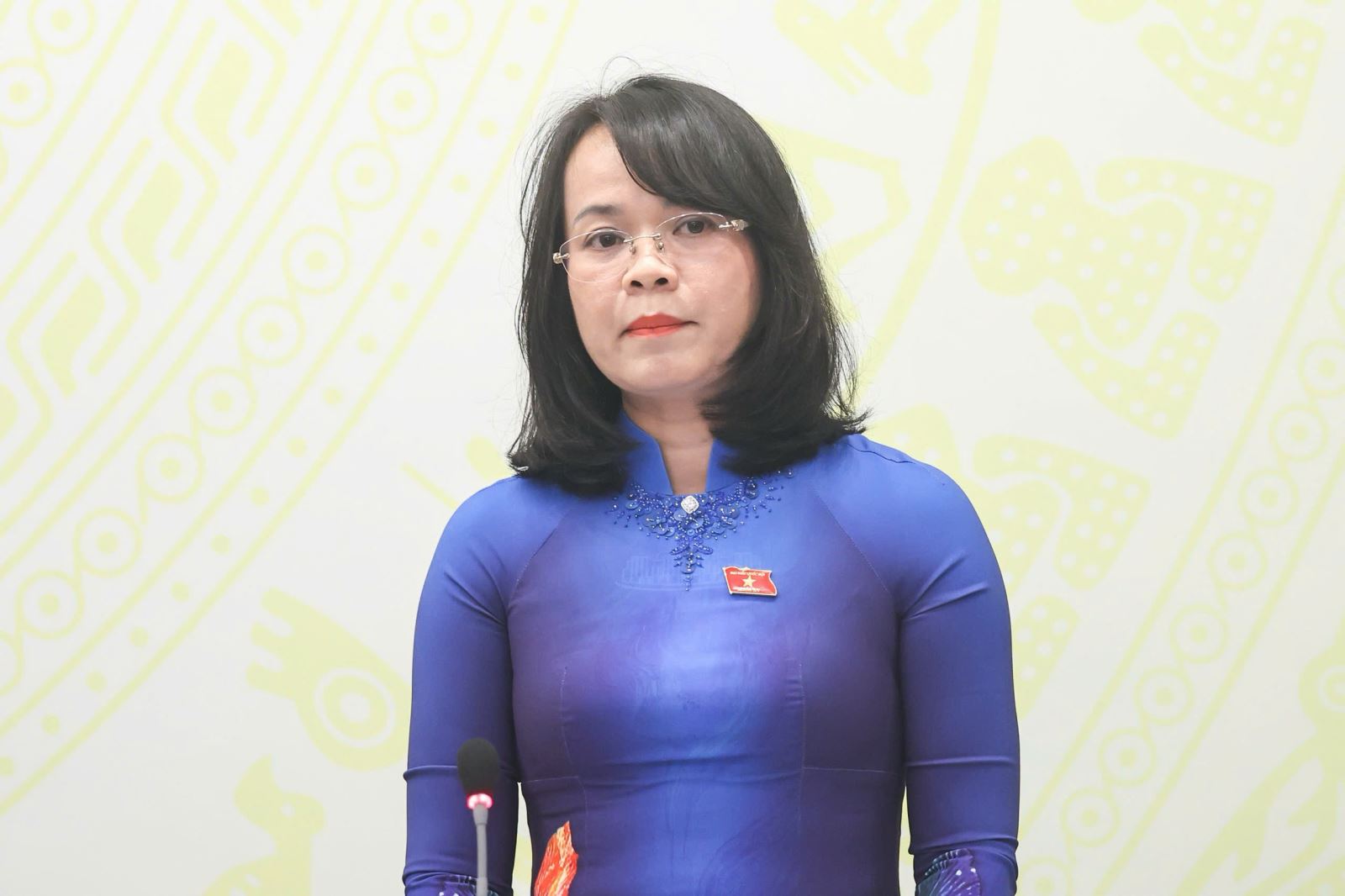
Explaining the reason why the 2024 Land Law has not been amended at the 10th session of the National Assembly, Ms. Pham Thi Hong Yen, member of the National Assembly's Economic and Financial Committee, said that there are many detailed documents guiding the implementation of the law. However, from 2024 to now, Vietnam has faced many unpredictable fluctuations in the world economy.
Vietnam is focusing on prioritizing growth, one of the important contents in recent times is that localities carry out the revolution of restructuring the apparatus and implementing a two-level local government. This requires major decisions that can immediately remove shortcomings to adapt to the new context, towards development goals, as well as a new organizational model.
"The reason for not amending the Land Law in the 10th Session of the 15th National Assembly is the need for full and comprehensive assessments; ensuring solutions when drafting the law, ensuring the comprehensiveness, fundamentality, synchronization and connectivity, and the principle of harmonizing the interests of the State, people and businesses in the law-making process. The comprehensive amendment of the 2024 Land Law will be studied in the coming time," Ms. Pham Thi Hong Yen explained.
At the workshop "Identifying bottlenecks and proposing solutions related to the Land Law" recently held in Hanoi, a representative of the Ministry of Justice said that, besides the positive impacts, the Land Law 2024 in particular and the land law system in general still have overlapping and inconsistent situations with related laws such as the Law on Urban and Rural Planning, Law on Bidding, Law on Property Auction, etc.
In fact, although the land law has been reformed in recent times, the land pricing mechanism is still entangled. Notably, the fact that some localities have sharply increased land prices to approach the market has caused many serious consequences such as a sudden increase in financial obligations of people and businesses; compensation costs for site clearance have increased too high, causing many projects to stagnate and increasing complaints.
In addition, many investment projects spanning different legal periods are also facing difficulties due to the lack of transitional regulations, causing difficulties for both localities and investors in processing documents and implementing projects.
In addition, land use planning and plans under current laws are not really suitable for the two-level local government organization model being implemented.
Therefore, the draft Law amending and supplementing a number of articles of the Land Law has focused on amending 4 major groups of issues, including: Institutionalizing the spirit of Resolution No. 69-NQ/TW of the Central Executive Committee (including the content of continuing to innovate and perfect institutions and policies, improving the effectiveness and efficiency of land management and use); simplifying administrative procedures, reducing business conditions; ensuring consistency with other laws such as the Law on Investment under the public-private partnership model, the Law on Urban and Rural Planning; removing difficulties in law enforcement practice, especially regulations on auctions, bidding, and transitional regulations for extended projects.
Following the above adjustment, the leader of the Ministry of Justice emphasized that this workshop is a step to concretize the direction of General Secretary To Lam at the working session on September 18, 2025 with the Standing Committee of the Government Party Committee on major orientations in amending and perfecting the Land Law.
Source: https://baotintuc.vn/chinh-sach-va-cuoc-song/chua-sua-doi-luat-dat-dai-2024-trong-ky-hop-thu-10-quoc-hoi-khoa-xv-20251019090411271.htm












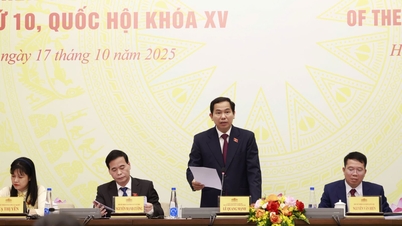
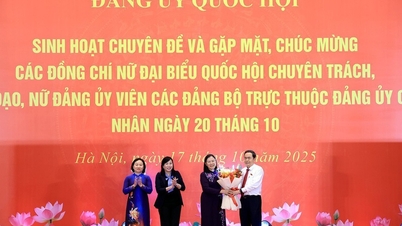



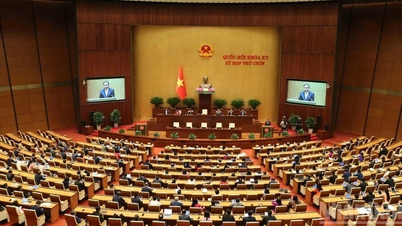

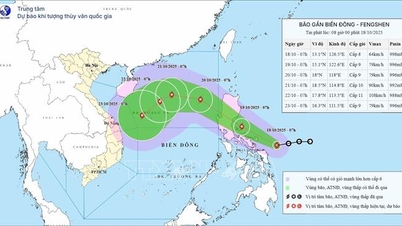
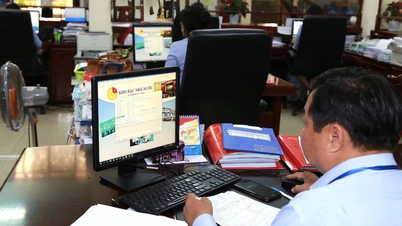










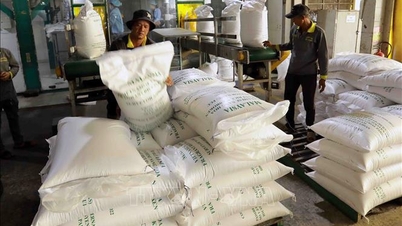






















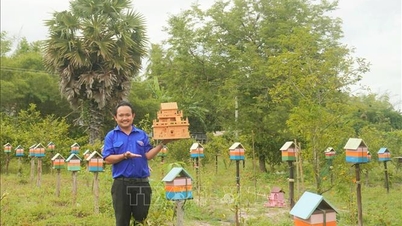





















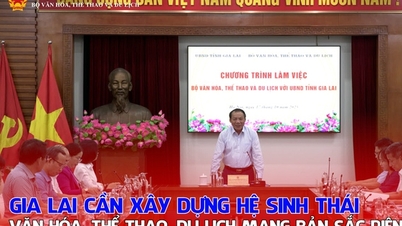









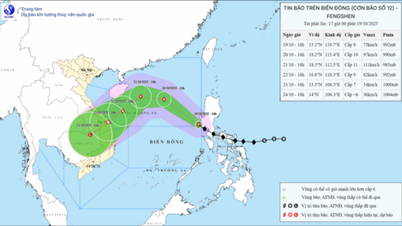














Comment (0)